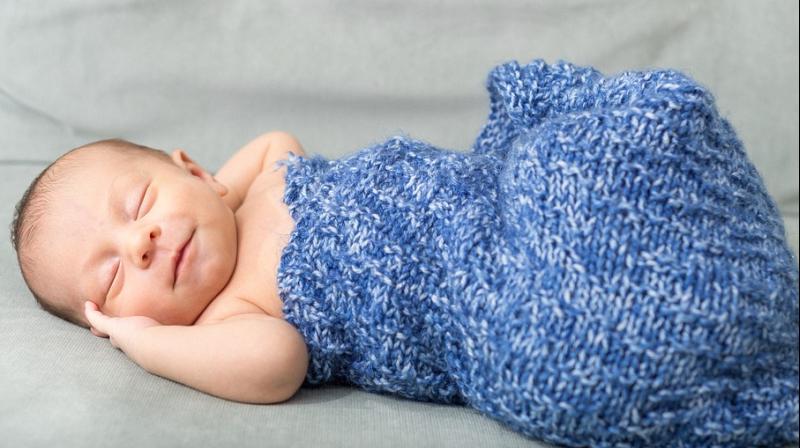'Vaginal seeding' could pass on disease-causing bacteria or viruses to newborns
The doctors say that the trend is on the rise, but they do not recommend the procedure.

Leading group of obstetricians and gynecologists has warned expectant mothers against 'vaginal seeding.'
The new trend sees mothers who have cesarean births "seeding" their babies via cotton swabs with their vaginal microbes, reports Independent.
Babies born through C-section do not receive certain "helpful" vaginal microbes from the birth canal when they're born, which could help protect them from allergies, asthma and other illnesses.
The doctors say that the trend is on the rise, but they do not recommend the procedure.
In a statement given by Dr Christopher Zahn at the American College of Obstetricians and Gynecologists (ACOG), said that, "Due to the lack of sufficient data, the very real risks [of vaginal seeding] outweigh the potential benefits."
"By swabbing an infant's mouth, nose or skin with vaginal fluid after birth, the mother could potentially, and unknowingly, pass on disease-causing bacteria or viruses," he explained.
There's also a chances that if a mother has an STI she doesn't know about - such as chlamydia - there's a possibility that I could be passed onto the baby.
Dr Jennifer Wu, from Lenox Hill Hospital in New York City agreed that there are "very real risks" associated with vaginal seeding.
"Certain viruses, such as group B strep and herpes, can cause serious illnesses such as meningitis in newborns," she said.
Herpes can be symptomless in adults but potentially fatal in babies if it spreads to their organs.
Instead, the doctors recommend a much simpler way to give a newborn the healthy bacteria he or she needs: breastfeeding.
"Breastfeeding for the first six months is the best way to overcome the lack of exposure to maternal vaginal flora at birth," Zahn said.
"The bacteria present in breast milk and on the nipple are sufficient for natural colonisation or seeding of the gut," he continued. "There may be some initial difference in the gut [microbes] of infants based on mode of delivery, but research has shown that difference disappears after about six months."

